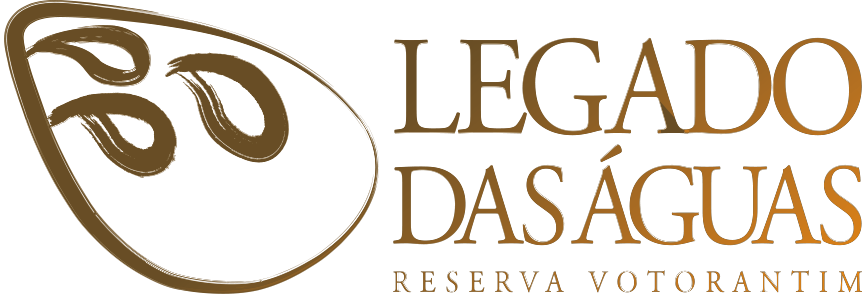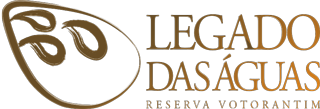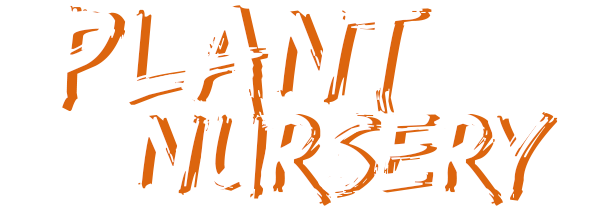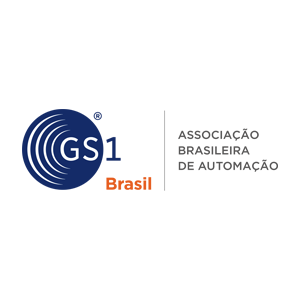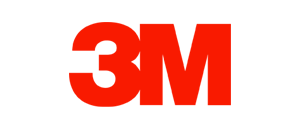The Atlantic Forest is the most bio-diverse biome on the planet and also one of the most threatened.
With the reserve’s huge diversity of plant species, almost 800 of them already cataloged, the Legado das Águas has established a plant nursery which produces more than 200 thousand seedlings per year, composed of more than 80 different native species. The seeds are collected within the area of the reserve’s 31 thousand hectares of highly conserved Atlantic Forest.
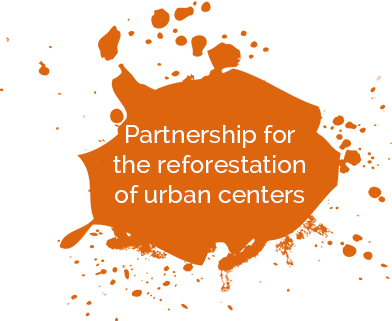

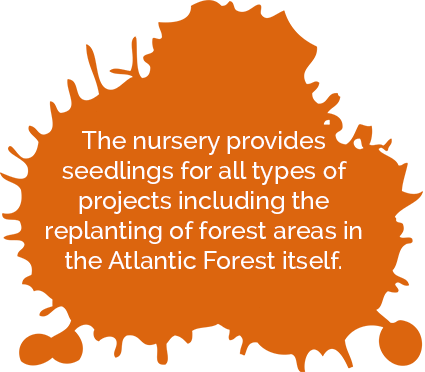
For more information on purchasing seedlings contact us by e-mail at:
contato@legadodasaguas.com.br
contato@legadodasaguas.com.br

By purchasing one of our native species plants you are helping to conserve the Atlantic Forest, one of the most bio-diverse biomes on the planet. In addition, you will receive will information on the species and a certificate guaranteeing its origin on your mobile phone!
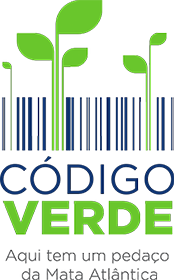
The traceability process of the seedlings produced in the plant nursery at Legado das Águas was automated through a partnership between Reservas Votorantim, GS1 Brasil – Brazilian Automation Association, PariPassu, Zebra Technologies and 3M. Together, we established the Green Code Project, which is one of the first of its kind in the world, to automate the identification and tracking of native Atlantic Forest plant seedlings. We believe it is possible to contribute to nature conservation through the integrative use of technology.
Prior to its automation, traceability had been a manual operation. However, today, the whole process is automated and managed through an online system, bringing ease of use, speed and a guarantee of the quality standard throughout the seedling management process, from the collection of the seed from the tree in the reserve to the sale and delivery to the client. The identification of the source of the seedling is essential to ensure genetic variability that, in turn, is linked to the success of the reforestation and landscaping projects where they are planted.
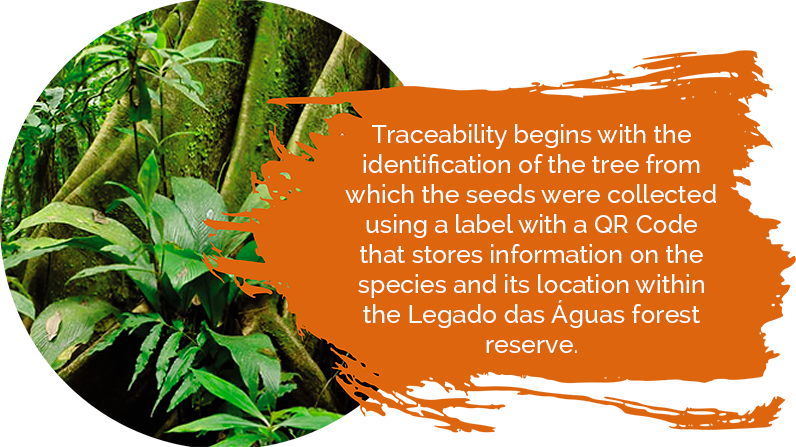
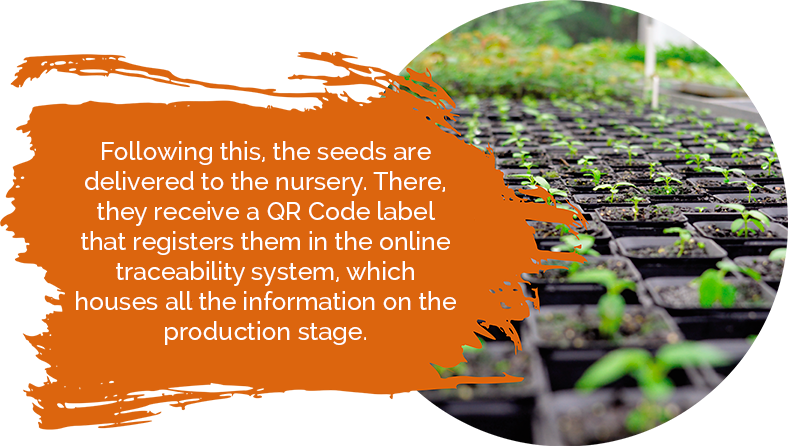
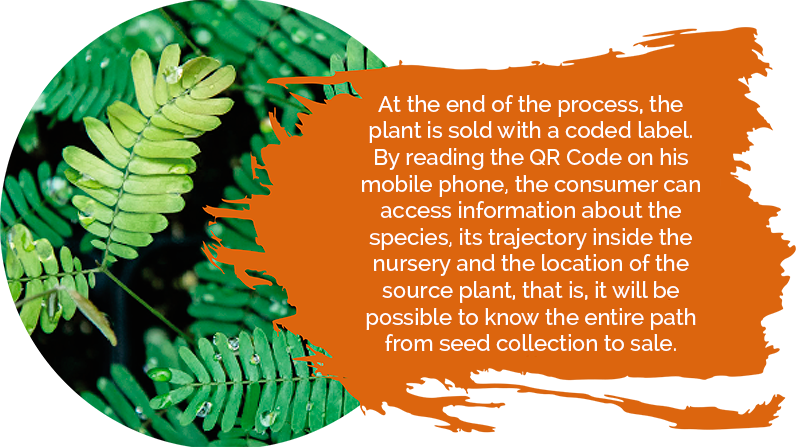
“Traceability allows us to map the source, that is, the tree that provided the seed for seedling production and to follow this process until the moment of sale. All of this, now, in an automated manner.”
For more information on the plant nursery traceability process see the info-graphic!
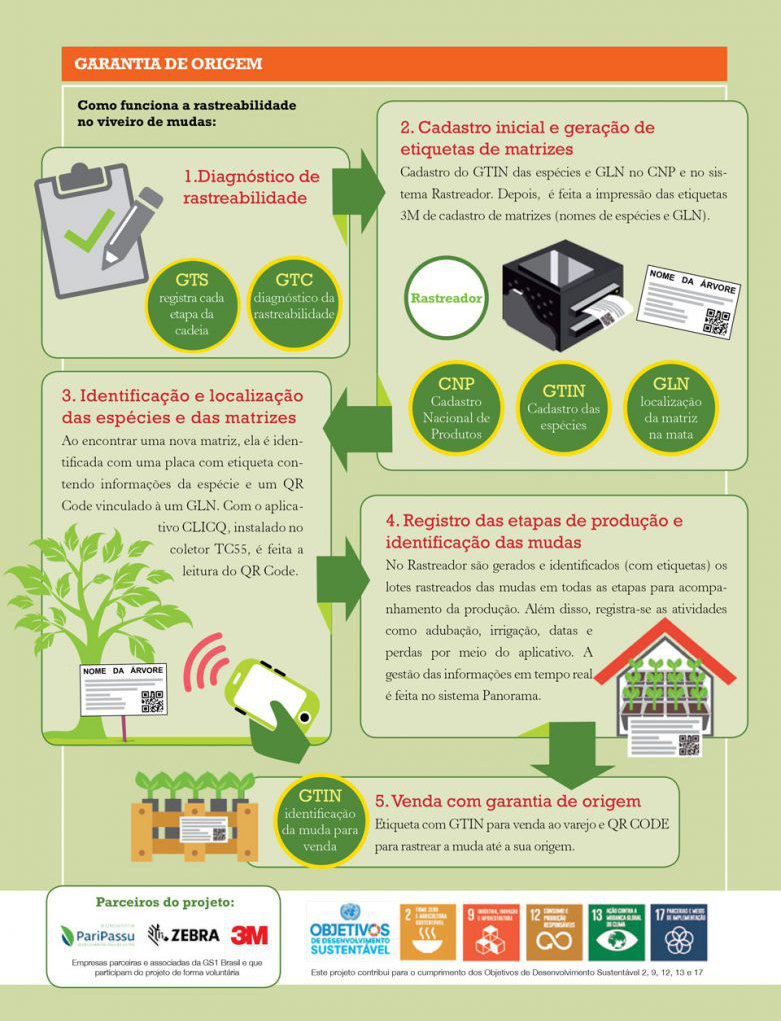
For more information on the Green Code Project in the article published in issue 27 of Revista Brasil em Código, click here.
GS1 Brasil – Brazilian Automation Association is a non-profit multi-sectoral association whose purpose is to implement and disseminate product identification standards, such as bar codes, leading to improvements in supply chains, and in this way, contributing to the process of automation, from the raw material to the sale to the final consumer. GS1 Brasil’s’s value proposition for sustainability is as follows: “Support, in a collaborative way and using GS1 standards, scalable initiatives aimed at benefiting society in the three main aspects of sustainability”. GS1 Brasil has partnered with the Legado das Águas to implement the Green Code Project, a pioneering initiative worldwide, in terms of innovation, automation and the environment. The implementation of the automation process adopted the GS1 global identification and service standards. Species are identified by a Global Trade Item Number (GTIN), and the location of the source tree by a Global Location Number (GLN). Both standards are registered with the National Product Registry (CNP). For more information on GS1 Brasil access: www.gs1br.org e http://www.gs1br.org/codigoverde.
PariPassu, which is a company that specializes in developing solutions for agricultural management, traceability, recall and quality management, has enhanced its technology to also track the reserve’s seedlings. It achieves this by using a tracking system for tracing the seedling and the CLICQ smart-phone application for the automation of the inspection and quality control processes. In addition, the data collected can be used to perform an analysis using the Panorama application, a solution for managing performance indicators, also developed by PariPassu. Together, these solutions make it possible to register, in real time, all the stages from the collection of seeds in the forest to the sale to the final consumer.
For more information on Paripassu, click here.
3M do Brasil provided BOPP labels with Liner Scotch 3850 and 5550I and 5550E mixed ribbons to identify the source trees, nursery locations and sales. These labels and ribbons are highly durable, and have excellent abrasion resistance and print quality. They also have an excellent power of adhesion to a diverse range of substrates, as well as guaranteeing a fast reading by the scanners, thus speeding up the whole process of seedling manipulation.
For more information on 3M, click here.
Zebra collaborated in the project by providing four data collectors and a printer. The definition of the models used took into consideration the need to integrate with the solutions provided by the other partners, and also the adverse conditions that the equipment would be subjected to. TC55 collectors are highly resistant and suitable for working in both the forest and the nursery, which are extremely humid environments that are exposed to harsh weather conditions. They have an integrated GPS capability, which is essential for cataloging the source trees, as well as integrating with Paripassu’s traceability solution, which allows the information collected to be automatically input into the system. The ZT410 printer is an industrial heat transfer model suitable for working with 3M labels and ribbons and is also extremely weather resistant.
For more information on Zebra, click here.

This project contributes to the achievement of Sustainable Development Goals 2, 9, 12, 13 and 17.
© 2023 – Legado das Águas • All rights reserved
